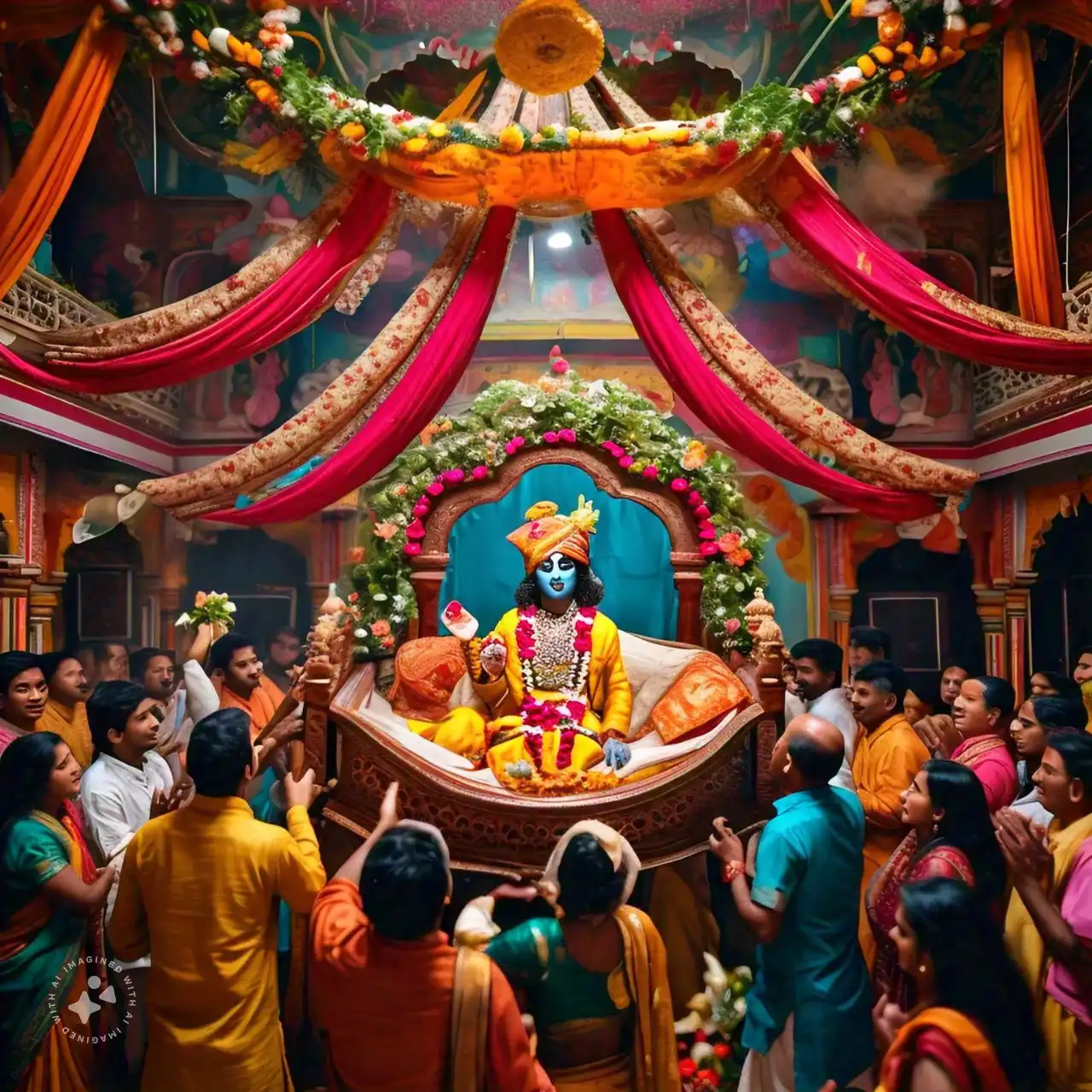Janmashtami is a vibrant and joyous festival celebrated by millions of people in India and around the world. This special day marks the birth of Lord Krishna, one of the most beloved deities in Hindu mythology. Celebrated with much enthusiasm, Janmashtami is a time for music, dance, devotion, and delicious sweets. Let’s dive into the story behind Janmashtami and how it is celebrated.
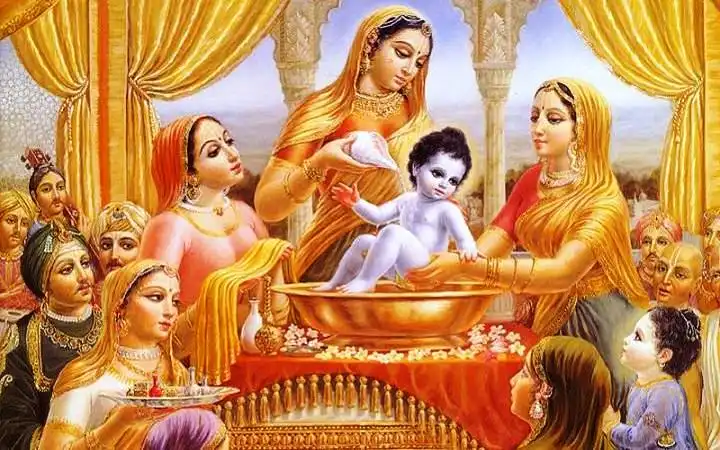
Who is Lord Krishna?
Lord Krishna is one of the most important figures in Hinduism. He is considered the eighth avatar of Lord Vishnu, who is one of the principal deities in Hinduism responsible for preserving the universe. Krishna’s life and teachings are detailed in ancient Hindu texts, like the Mahabharata and the Bhagavad Gita. He is known for his playful and mischievous nature as a child, his bravery and intelligence as a young man, and his profound wisdom as a spiritual guide.

The Story of Krishna’s Birth
The story of Krishna’s birth is a fascinating tale filled with miracles and divine interventions. Krishna was born in the city of Mathura to Queen Devaki and King Vasudeva. However, his birth was not a simple event. Devaki’s brother, King Kamsa, was a tyrant who feared a prophecy that said he would be killed by Devaki’s eighth child. To prevent this, Kamsa imprisoned Devaki and Vasudeva and killed their first six children.
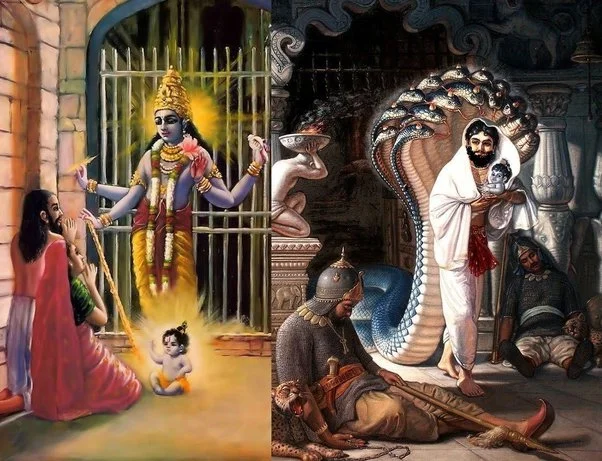
When Krishna was born, a series of miraculous events unfolded. The prison guards fell asleep, and the prison doors opened magically. Vasudeva carried baby Krishna across the Yamuna River to the village of Gokul, where he was safely hidden and raised by foster parents Nanda and Yashoda. Thus, Krishna’s birth marks the triumph of good over evil, and his life is celebrated as a beacon of hope and righteousness.
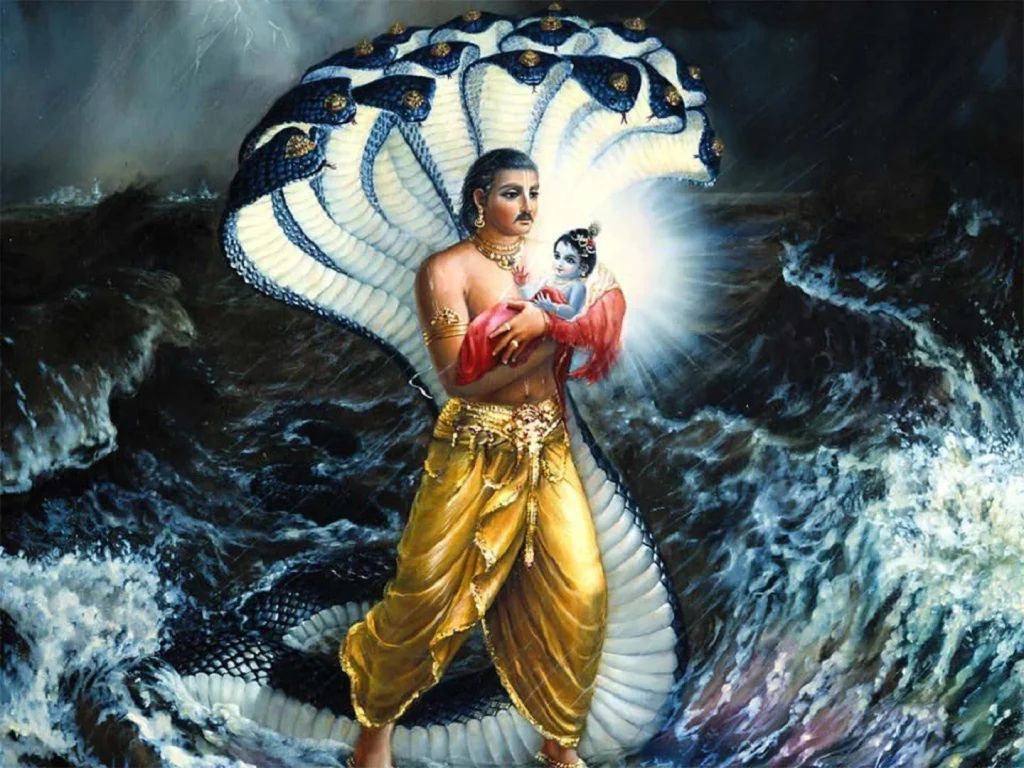
Celebrations Across India
Janmashtami is celebrated with great fervour and joy across India. Each region has its unique traditions and ways of honouring Krishna. Here are some of the most popular customs and celebrations:
- Dahi Handi: This is one of the most exciting parts of Janmashtami celebrations, especially in Maharashtra. Dahi Handi is a fun and adventurous activity where young men form human pyramids to reach and break a pot filled with curd, butter, and other goodies hung high above the ground. This tradition is inspired by Krishna’s childhood love for butter.

- Rasa Lila: In regions like Vrindavan and Mathura, which are closely associated with Krishna, dramatic re-enactments of episodes from Krishna’s life, known as Rasa Lila, are performed. These plays often depict the playful and loving interactions between Krishna and the gopis (milkmaids).

- Fasting and Feasting: Many devotees observe a fast on Janmashtami, which they break at midnight, the time believed to be when Krishna was born. The midnight hour is celebrated with a special aarti (prayer) and the distribution of prasad (sacred food). Temples and households prepare a variety of sweets and dishes like kheer, laddus, and malpua to offer to Krishna and then share among the devotees.

- Jhulanotsav: In some parts of India, a swing festival known as Jhulanotsav is observed. Beautifully decorated swings are set up, and idols of baby Krishna are placed on them. Devotees take turns to gently swing the idol, symbolising their love and devotion.
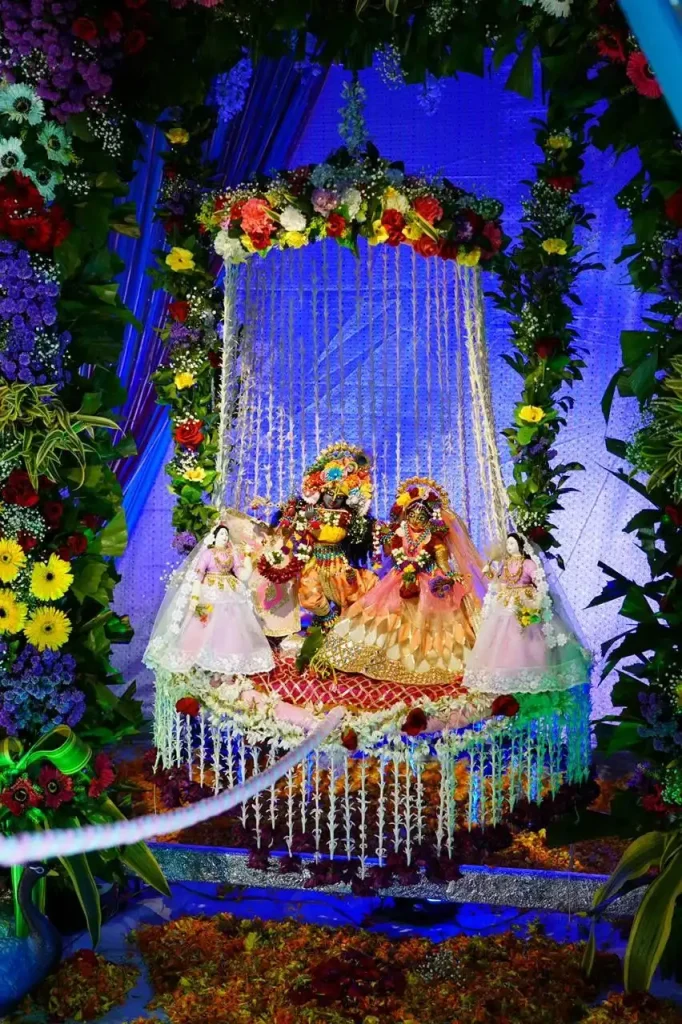
- Midnight Celebrations: The highlight of Janmashtami is the midnight celebration. Temples are adorned with flowers, lights, and rangoli (colourful patterns made on the floor). Devotional songs, known as bhajans, are sung, and dances are performed in Krishna’s honour. The atmosphere is filled with joy and spiritual fervour as devotees welcome the birth of Krishna.
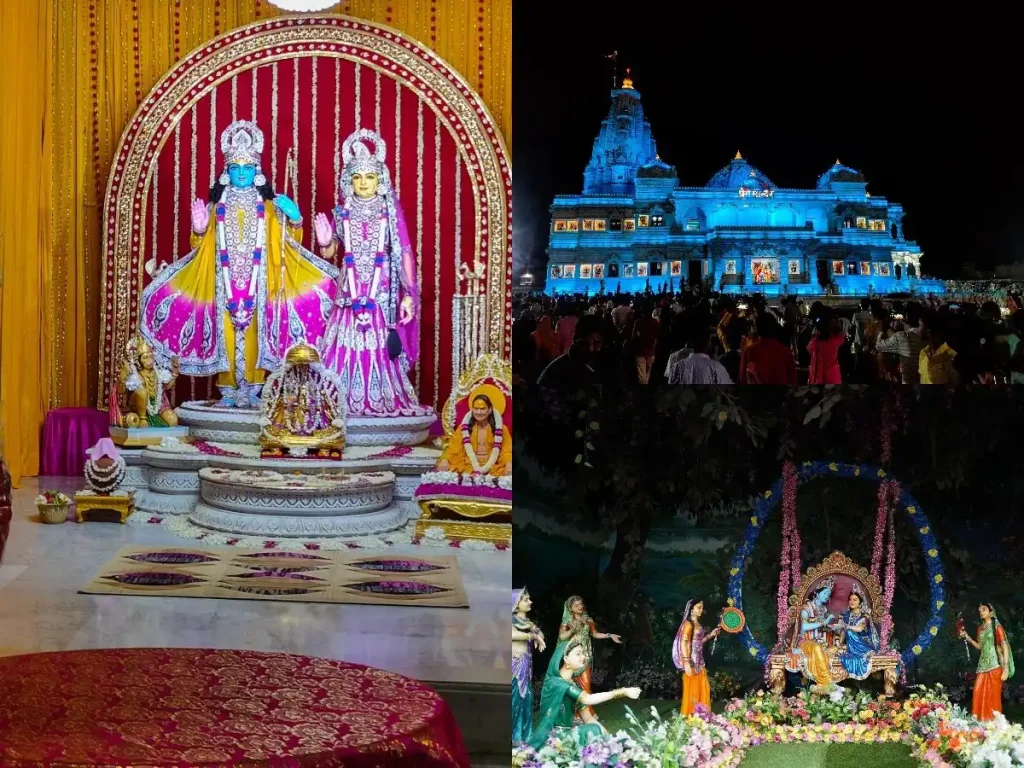
Significance of Janmashtami
Janmashtami is not just a celebration of Krishna’s birth; it is a time to reflect on his teachings and the values he stood for. Here are some key lessons from Krishna’s life:
- Devotion and Love: Krishna’s bond with his devotees, especially the gopis, teaches us about the power of pure, selfless love and devotion.
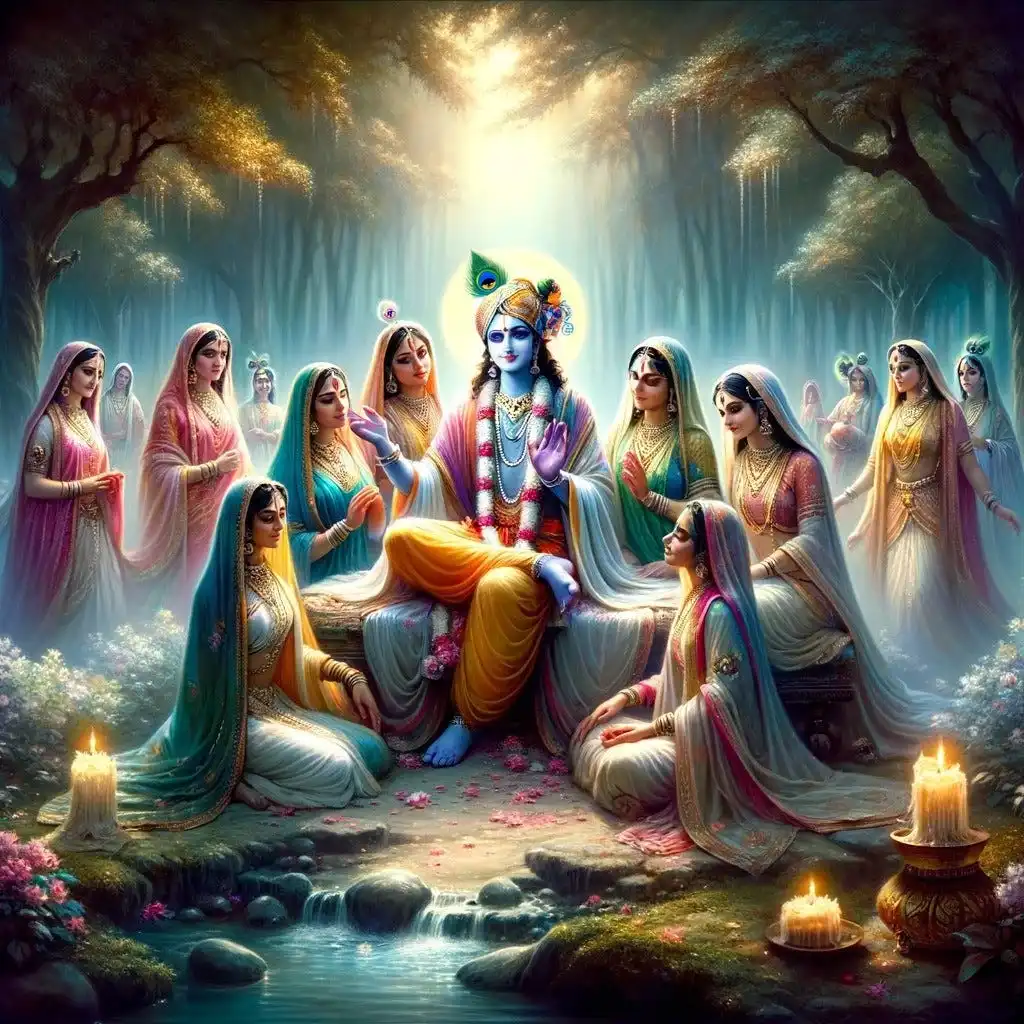
- Duty and Righteousness: Through his role in the Mahabharata, Krishna emphasises the importance of performing one’s duty and standing up for what is right.
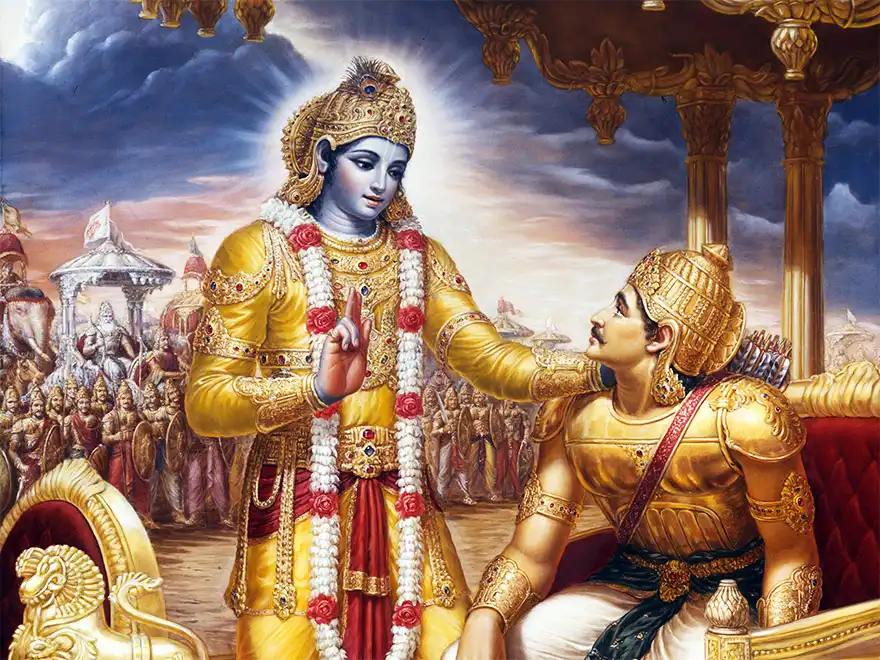
- Joy and Playfulness: Krishna’s playful nature as a child reminds us to find joy in the little things and to approach life with a sense of fun and wonder.
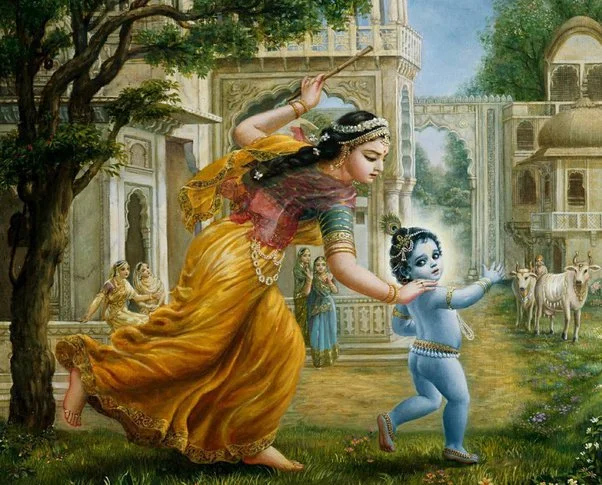
When is Janmashtami Celebrated?
Janmashtami is celebrated on the eighth day (Ashtami) of the Krishna Paksha (dark fortnight) in the month of Bhadrapada, which usually falls in August or September. The date varies each year based on the lunar calendar. In 2024, Janmashtami will be celebrated on 26th August.
How to Celebrate Janmashtami at Home
You don’t have to visit a temple or be in India to celebrate Janmashtami. Here are some simple ways to enjoy the festival at home:
- Create a Krishna Idol: Make or buy a small idol of baby Krishna and place it in a decorated cradle or swing.
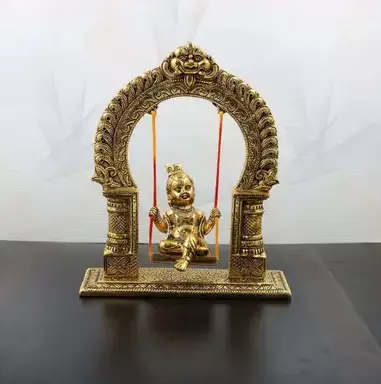
- Sing Bhajans: Gather your family and sing devotional songs in praise of Krishna.

- Prepare Sweets: Make some traditional sweets like butter, kheer, or laddus to offer to Krishna.
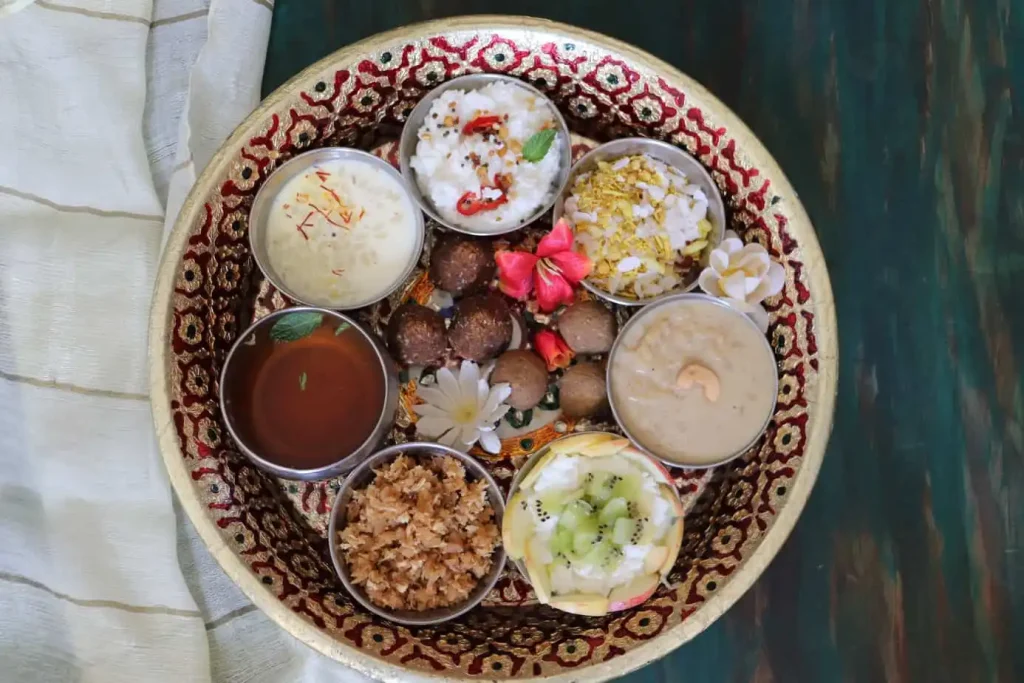
- Tell Stories: Share stories from Krishna’s life with your family, highlighting his adventures and teachings.

- Midnight Aarti: Perform a small prayer at midnight to mark Krishna’s birth, followed by distributing prasad to everyone.

Interesting Facts About Krishna
- Blue Skin: Krishna is often depicted with blue skin, which symbolises his divine nature and his association with the infinite sky and sea.

- Flute Player: Krishna is known for his skill in playing the flute. The melodious tunes of his flute would mesmerise everyone, including animals and humans.
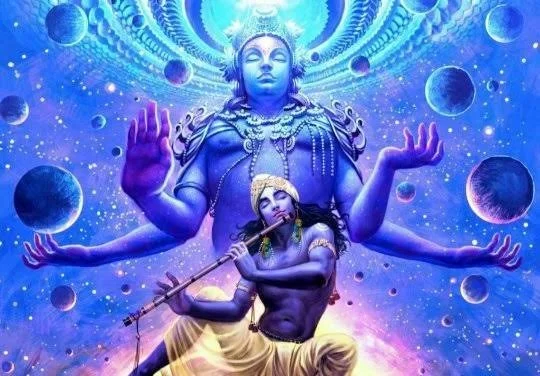
- Butter Thief: As a child, Krishna was fond of butter and would often steal it from his neighbours. This mischievous aspect of his personality is fondly remembered during Janmashtami.
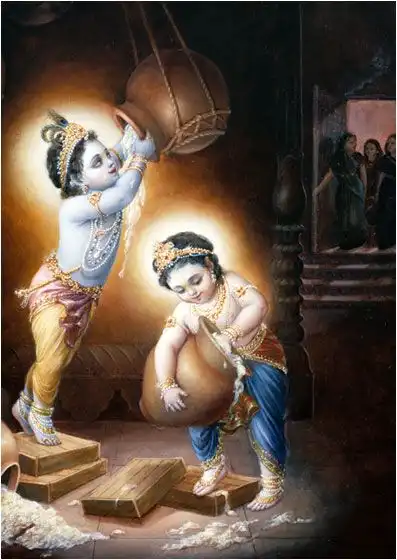
Conclusion
Janmashtami is a festival that brings people together in celebration of love, devotion, and the triumph of good over evil. It is a time to remember the wonderful stories of Krishna’s life and to learn from his teachings. Whether you are partaking in the grand festivities in a temple or celebrating quietly at home, Janmashtami is a reminder of the joy and wisdom that Krishna brings to our lives.
For more interesting articles, please visit www.kidzherald.com

